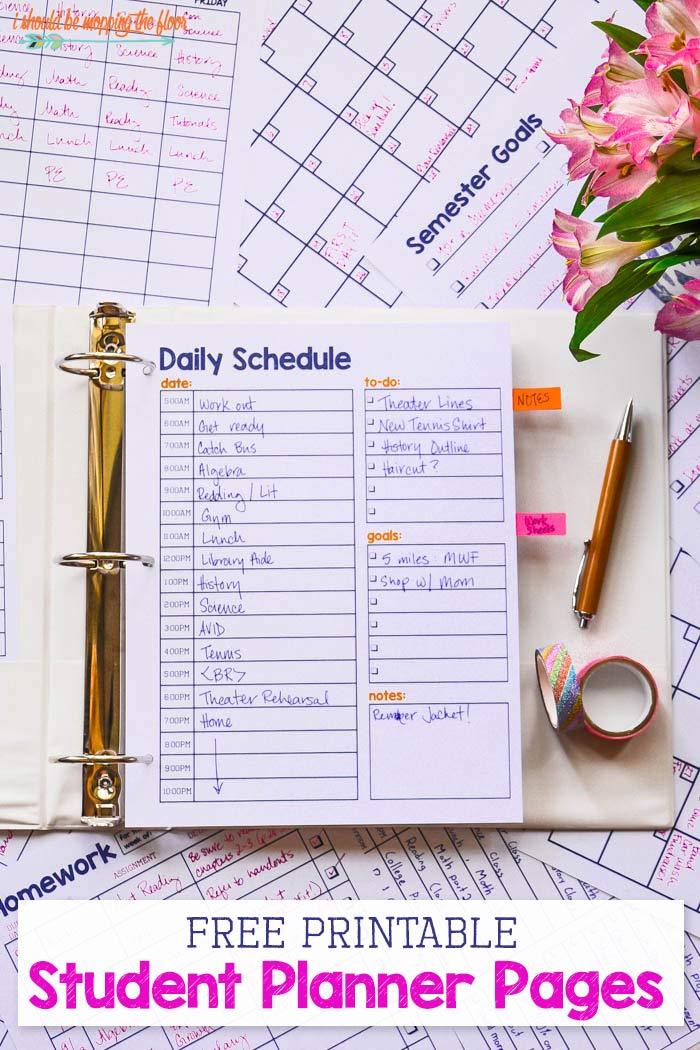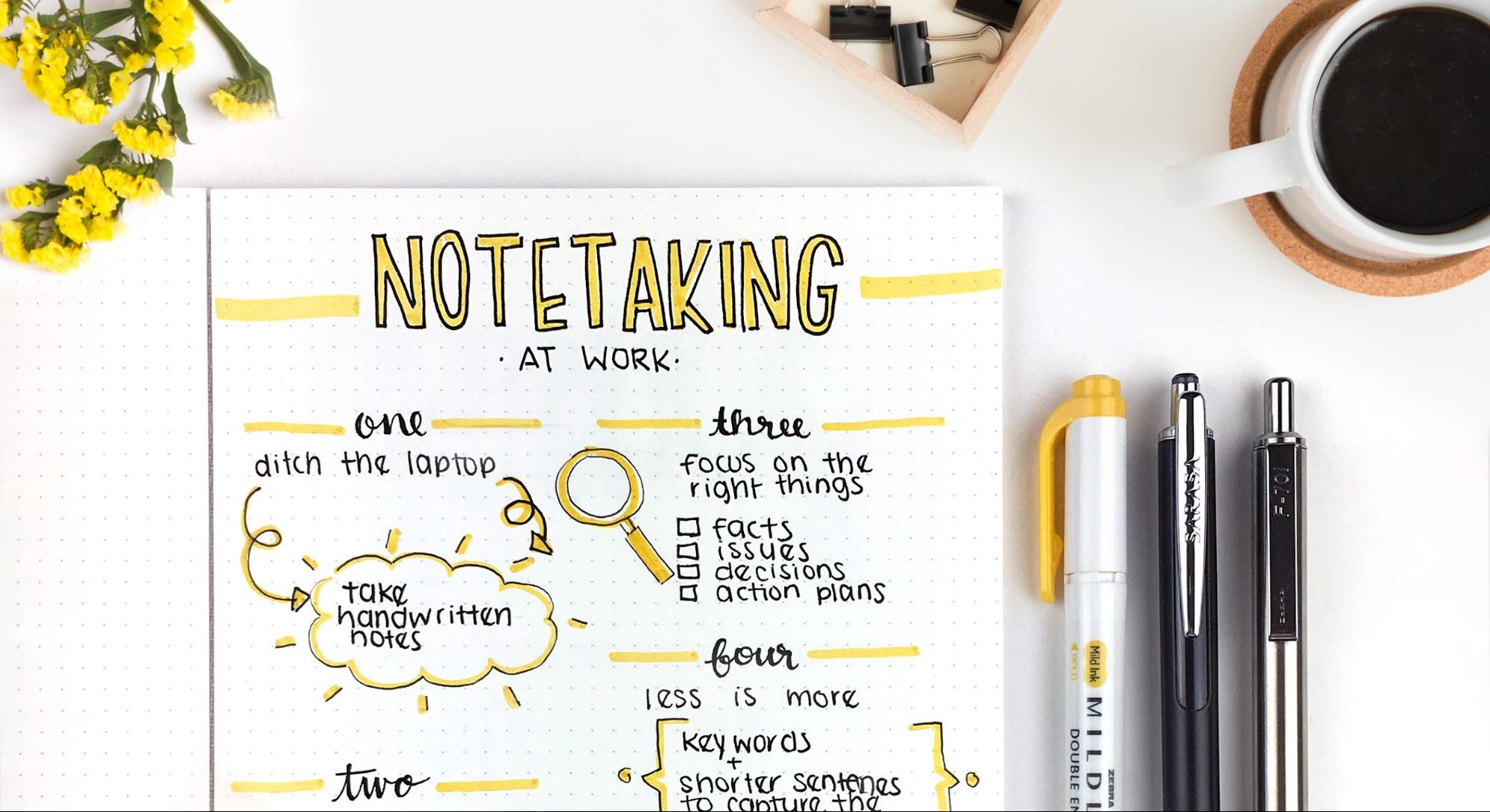Page Contents:
When kids return to school, it is critical that they feel both motivated and at ease. When it comes to studying and homework, students’ major concern is generally time management. As a result, we believe it is time to break away from your old assignment habits. To give your brain the boost it needs for the new school year, Here is Studying Tips for the Back-to-School Season.
1. Begin small.

If you have a large assignment due soon, such as a research paper, keep yourself motivated by finishing a section of the project every few days. Each night, write one paragraph. Alternatively, work on 5 algebra questions at a time from your problem set and always take a rest. As it was proven that every person needs a maximum 15 mins break after every 45 minutes of work or study.
2. In your school planner, keep track of more than just H.W.

Keeping a calendar might help you plan ahead, but you’ve got more on your plate than simply schoolwork! Make a note of your extracurricular, professional, and social obligations as well. (Reminders for your planner include tests, band practise, away games, SAT dates, half-days, and vacations.). Find out a printable study planner here.
3. School supplies alone aren’t enough to get you organised.
Create a system and stick to it. Do you have a large binder with color-coded tabs for all of your classes? Or do you like to store handouts in separate notebooks and a folder? Keep it simple—if it’s too sophisticated or difficult, you’ll be less inclined to use it on a daily basis.
4. There is no requirement for only ONE study area.

A well-stocked desk in a peaceful area at home is essential, but diversity is also necessary. Coffee shops, libraries, parks, or even simply going to the kitchen table can provide a change of environment that will help your brain retain knowledge more effectively.
5. Learn how to establish a zone that is free of distractions.
Workers take an average of 25 minutes to return to what they were working on prior to the interruption, according to research on workplace distractions. Try shutting off your phone alerts or (temporarily) disabling Twitter on your computer so you can focus on your assignments.
6. Make the most of your class time.

Is your instructor done with his or her lecture, but you still have 10 minutes remaining in class? While your chemistry assignment is still fresh in your memory, get a head start on it. Alternatively, take advantage of the opportunity to ask your teacher questions regarding ideas that were unclear the first time around.
7. Check your notes each night to make sure you’ve remembered everything.

Make the most of your class time. Fill in the blanks, rewrite the portions that don’t make sense, and highlight or star the information you think is most essential. Interacting with your notes will aid in their retention. You may also utilise Homework Help to obtain answers to your problems 24 hours a day, 7 days a week.
8. Don’t let a bad grade keep you down.

Your GPA does not have to suffer as a result of a rocky start to the semester. Take proactive measures by monitoring your grades on a regular basis online and seeking out a tutor if necessary.
9. Make a friend in every class.

Find a few folks from each of your classes that you can call if you have a homework question or need to miss class (and reciprocate!). You’ll already have a study group when it’s time to prepare for examinations.






